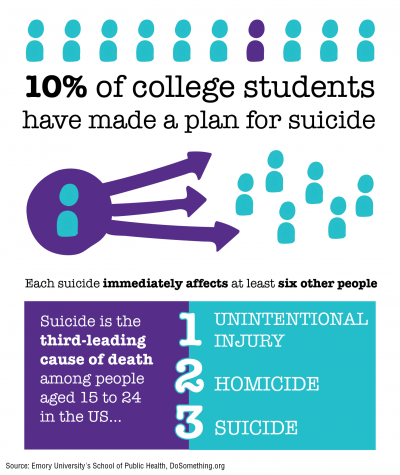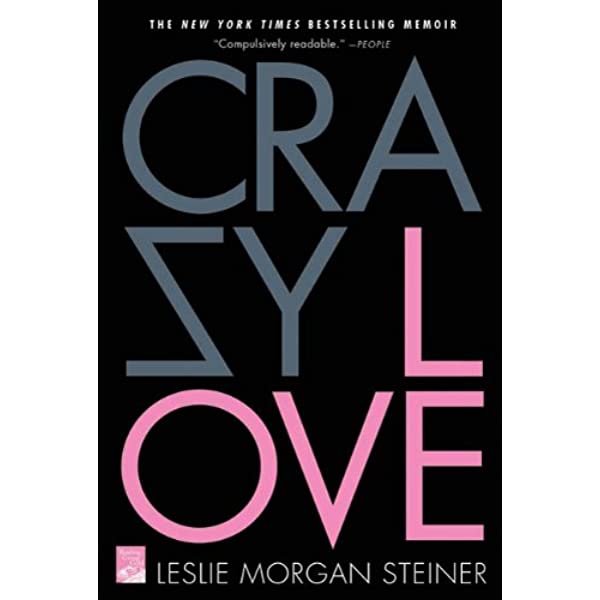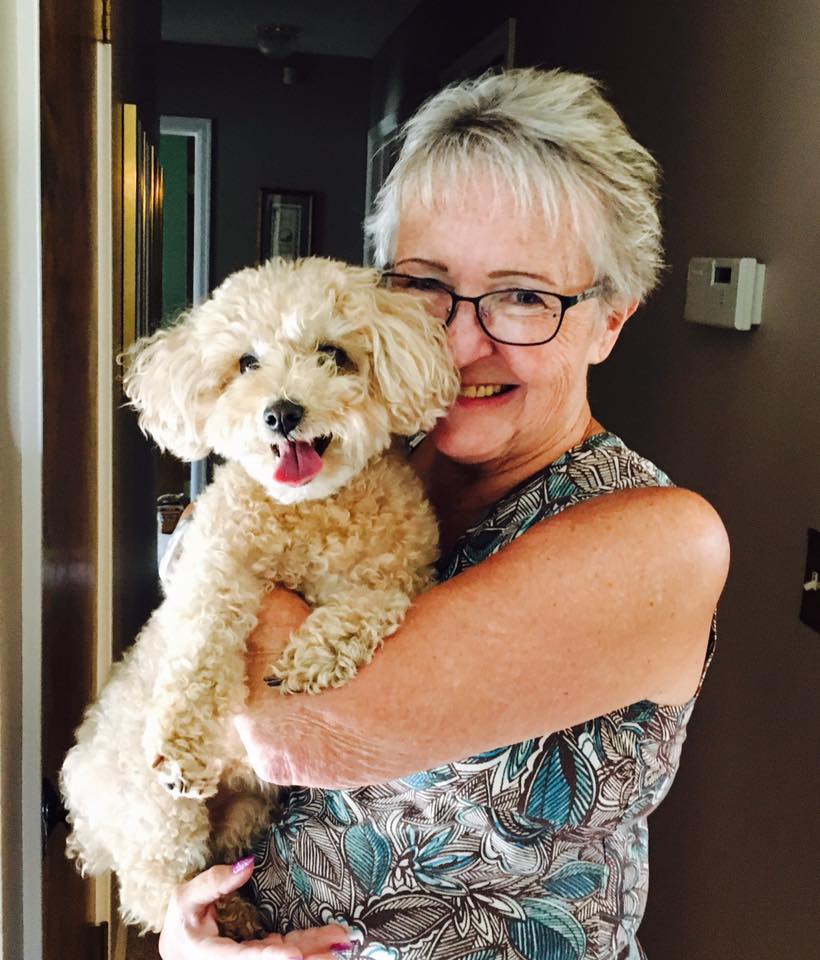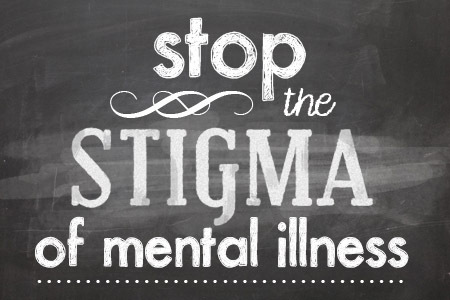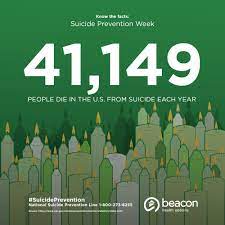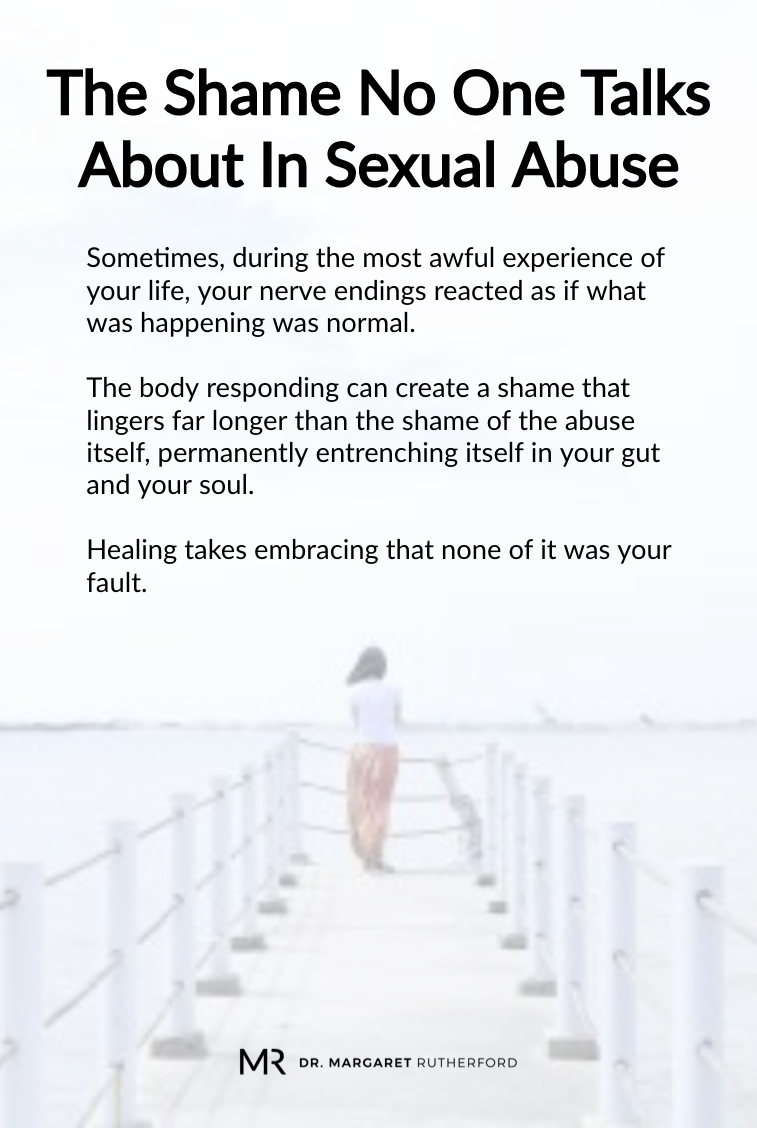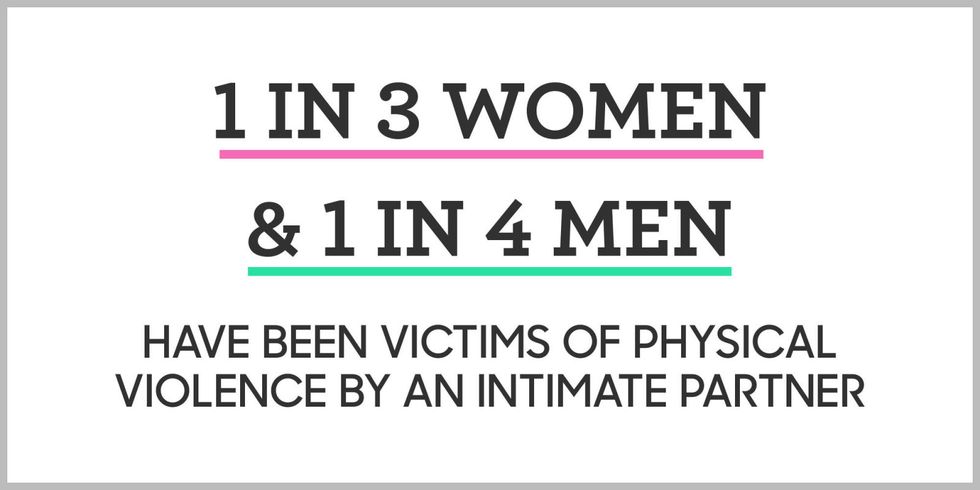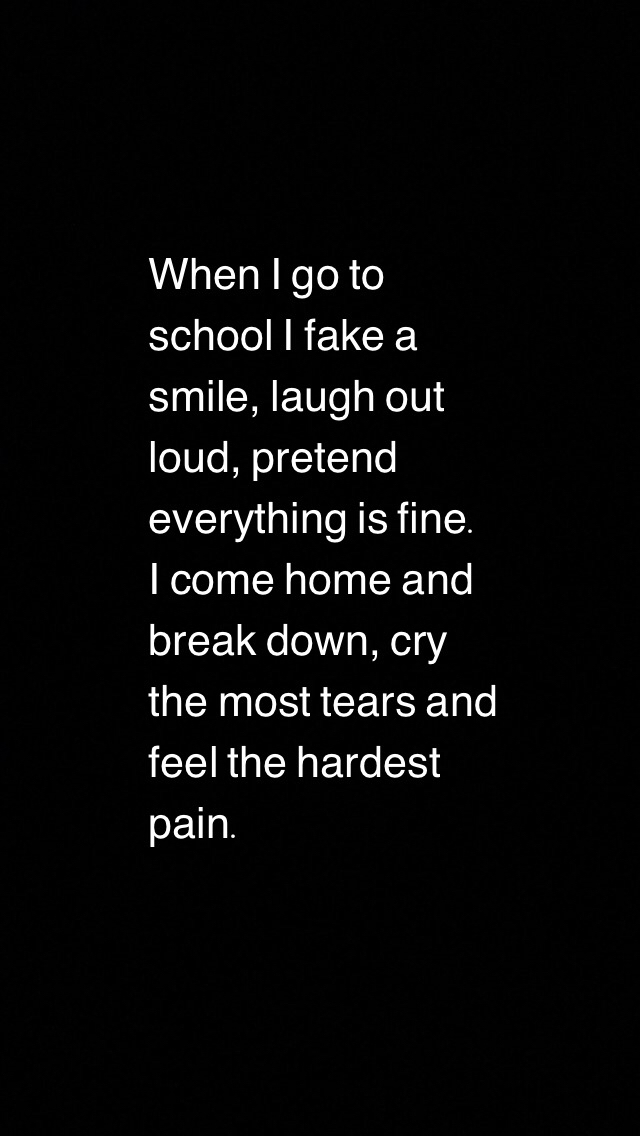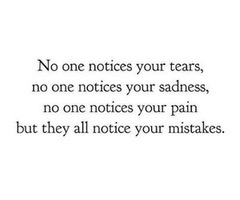So, one of my students and I always walk out to our cars together after my last class and today she said something no one has asked me before: “How do you take everything people put on you?” I looked at her quizzically and she went on to say this: “We are always sharing things with you and burdening you with our problems…doesn’t that get hard to deal with?” I told her that it didn’t and I was just the kind of person people open up too. But, as usual, I started thinking about this more and realized that it probably does affect me more than I let on…or that I even admit to myself.
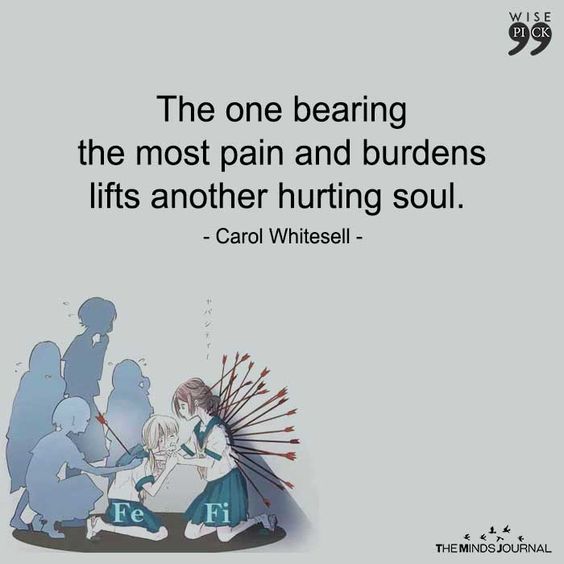
As the Grand Poobah would attest too, teaching Psychology (and Sociology) puts you in a position of teaching topics/issues/concepts that are so personal. For example, in my Marriage and Family class (my area of expertise…I have enough experience 🙄) we talk about issues including domestic violence, child abuse with special emphasis on sexual abuse, rape, infidelity, divorce, alcoholism, mental disorders and their affect on relationships and the list goes on. Pretty heavy stuff, huh?
In my Theories of Personality class that my student is in we talk about attachment, parenting, various conceptions of personality development that can go awry, personality disorders, theories that explore our neurosis, Horney’s Tyrrany of the Shoulds, the Inferiority Complex (Adler), our Shadow archetype (Jung), anxiety and defense mechanisms (S. and A. Freud), identity formation (Erikson), issues relating to freedom (Fromm), love (Fromm), conformity, social belonging, narcissism, psychopathy, real self vs. ideal self (Horney and Rogers), self-esteem, self-worth, Maslow’s Hierarchy of Needs, self-image and you get the point. ALL of these topics can bring things up in students and even though it sounds absolutely horrible to admit, tears are sometimes shed.
Today we talked about Humanistic theories and discussed Roger’s belief in phenomenology and how it’s OUR perceptions, based on OUR experiences, that need to be the focus of attention. We live in our own bubbles based on things we have gone though which skews perceptions…but those perceptions, though maybe not rational, are real and need to be validated. After all, they’re ours.
So one of my students is a recovering heroin addict who spent 6 years in prison and has been clean since. She lost custody and contact with her first 2 children because of this but has another little girl she’s raising with her partner. The little girl has special needs and acts out uncontrollably at times. She’s in the process of being evaluated, etc. but it’s really hard for my student to handle. When we started talking about how our experiences shape our perceptions, she started crying and said this: “I’m a horrible mom. I get so impatient and so frustrated and I’m giving her these experiences that are going to screw her up. Maybe I’m just not meant to be a mom.”

This broke my heart. This woman is one of the kindest, smartest, and most motivated person I know and she works and tries with her daughter so hard. But, she makes mistakes. She yells and gets upset and cries and is now beating herself up over these times her daughter is taking in. After she calmed down I asked her this: “Name a perfect parent.” She couldn’t. I said: “Name a parent who is 9.9/10.” and she said YOU and I started laughing. WHAT? I told her that you could write every single mistake I made with O on the huge walls of our lecture hall and would still need room for more. I even called O on speaker and asked him to rate my parenting…he said he would probably give me around a 7.5-8. So, in other words, I have degrees in Psych and Family Studies, have worked with ages from 2- 70, have certifications out the wazoo…and I’m a C parent 😳.
She started laughing and we talked about how we are all going to ‘give’ our kids negative experiences because we’re human…they’re human…and when you have 2 imperfect humans interacting, there’s gonna be issues. But that’s OK. It’s normal!
Throughout the same class, students have also talked about lack of self-worth stemming from an assault, growing up in an abusive home where there was never any acceptance or positive interaction, feeling inferior to everyone else, confronting their ‘shadows’ and things they have done that they regret, etc. And I listen, validate, comfort, and sometimes advise if I think it’s appropriate.
And you know, in all of my 28 years of teaching at the college level, I have NEVER once talked about domestic violence, sexual abuse, rape, alcoholism in families, or anything else without a handful of students in each class talking about their own experiences or coming to my office to share with me. It breaks my heart. So much. And it’s hard to not bring that home and have it haunt me. I just want to take these young people and wrap them all up in a blanket and schlep them off to a bubbled island where they won’t ever hurt again.
But I have my own issues too. Ever heard of ‘Imposter Syndrome’? This is when you feel like a fraud in what you do…that you really aren’t good enough for the position. I feel like this a lot! Here I am…someone who did shitty in high school…standing in front of future lawyers and counselors and executives and teaching them for a grade that will be on their transcript forever. Sometimes I think I should be in one of the seats…not out in front.

And today? We’re talking about DV in class and I always get choked up. How can I not when ma suffered 28 years at the hands of a batterer? And then we listen to a 911 call placed by a little girl, 7, who’s reaching out for help while her step-father beats her mom in the background. This resounds with me. I used to hear R beat mom when I was in bed. The fear and paralysis and sounds and powerlessness are still there in my head. The first time I heard it I couldn’t believe what was happening. It was the most awful night in my life and growing up in a home with that throughout my teen years has affected me. So when I hear the call, I can understand the girl’s anguish. (And yes, I called 911, my grandparents, my sissy, etc. and we all tried to help ma as much as we possibly could but ultimately, it’s the victim that has to take the help 😔).
When I lecture about sexual abuse, how can I not think of the 2 years I was abused by my psychologist? How can that wound not be re-opened every single semester in multiple classes? Then, when my sweetie students start to share their stories with me, it crushes me.
I never get through my lecture on divorce without choking up to where I sometimes need to take a breather. I hated my parents divorce…it was so hard on sissy and I, and I swore my kid would NEVER ever experience the break-up of their family. Yet he did and I remember his pain. His tears. His shouts. His haunted eyes. And I beat myself up again and again for that.
When we talk about mental illness and it’s stigmatization and how hard it is to live with, I get angry. Why is there still so much shame associated with illnesses no one wants or deserves or asks for? And then when my students message me and tell me they experience depression or anxiety but can’t ask for help because they’re scared people will look at them differently, I cry…because they’re right. You are looked at differently.
So I guess I take on other’s burdens because they need me too. They need someone to share with and talk too and learn from…something I didn’t have in school. They come to me because I’m open about things I’ve gone through…they know about ma (she has actually spoken to some of my classes), me having bipolar, me having been abused, etc. I share with them because they need to know there are people behind these statistics…text chapters…articles. When I say to them: “I understand” they know it’s true. Look, they’re there for me everyday…the huge family I never had and they let me live out my passion to teach and make me feel like I might be making a bit of a difference in their lives. I get back so much more than I give to them so if another student ever asks me why I take so much on, here’s what I’m going to say: “Because I love you all.” It’s as easy as that.
Kristi xoxo


